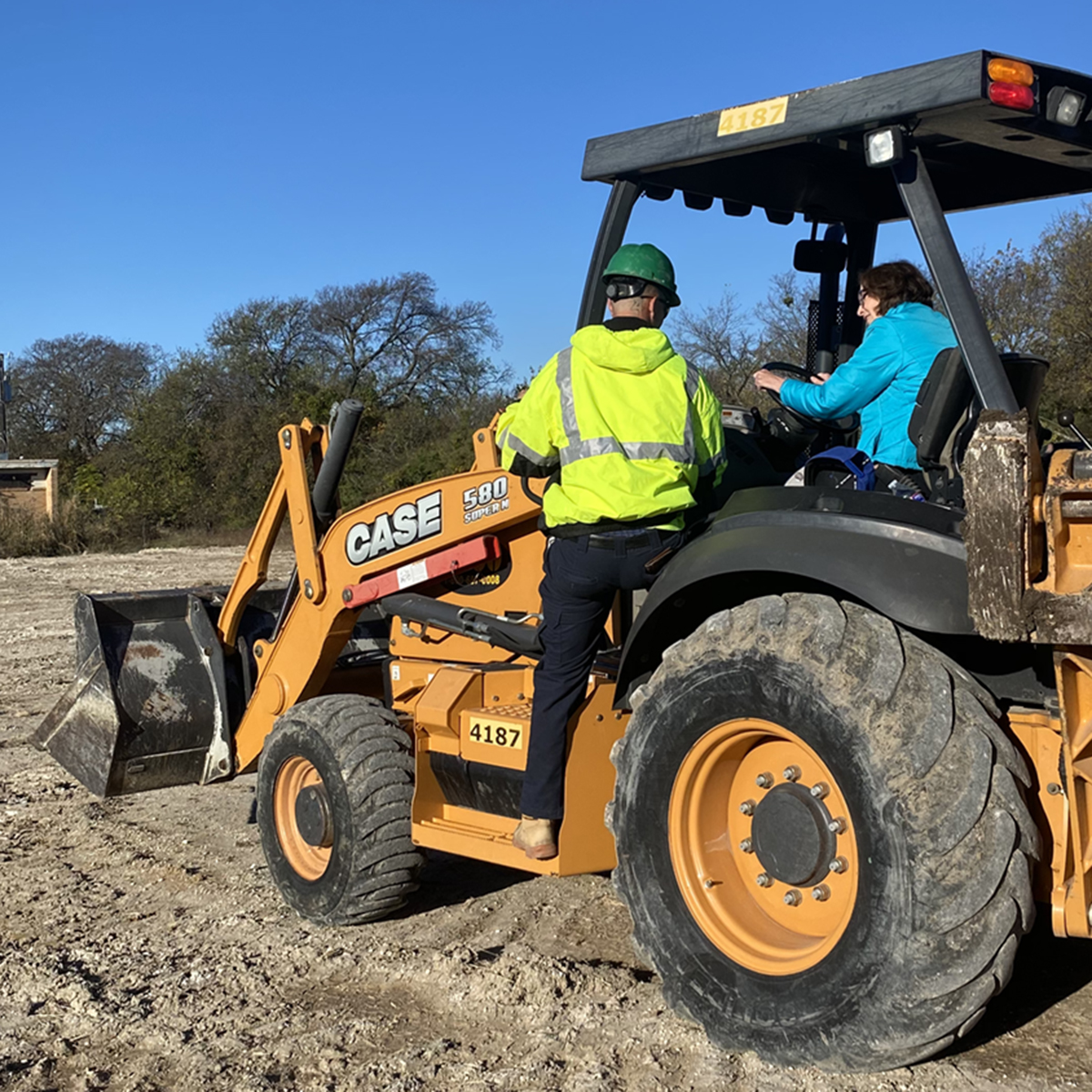JustCareers
JustCareers is a Transformative Justice workforce program that focuses on connecting justice impacted individuals with employers.
JustCareers provides justice-involved emerging adults access to training in a high demand career where they are paid for both classroom and job site time – called an “earn and learn” model. At the end of their training program, participants enter full-time jobs that pay wages that help them not only to survive, but to thrive.



Each program participant is assigned an LSJA case manager who provides 1-to-1 support and connections to community resources through the entire program. This same coach also works with the employer to provide coaching based on JustCareers’ Employer Training for working with justice-involved emerging adults.
JustCareers Employer Training educates employers on adolescent brain development, Trust-Based Relationship Interventions (TBRI), Trauma Informed Care, and Positive Behavior Interventions and Supports (PBIS) in the context of the workplace and supervisory relationships. These trainings teach employers about the unique needs and vulnerabilities of justice-involved emerging adults. Employers learn how to apply compassionate accountability, and learn tools to respond more effectively to emerging adult employees. Our goal is to create a successful relationship between supervisor and employee that will drive long-term retention and generate a career pathway.
In July 2021, LSJA, in partnership with the Texas Department of Transportation’s Civil Rights Division, launched the first JustCareers model program, named ConnectU2Jobs. This earn and learn training is 9 weeks full-time with 2 weeks in the classroom and 7 weeks with a local employer. ConnectU2Jobs gives justice-involved emerging adults the opportunity to earn a heavy equipment certification that prepares them for a lucrative career in construction.
